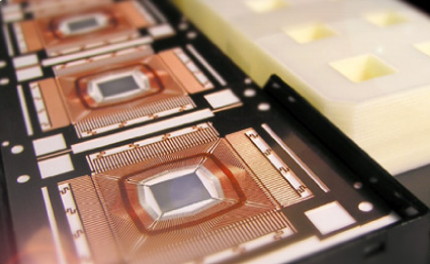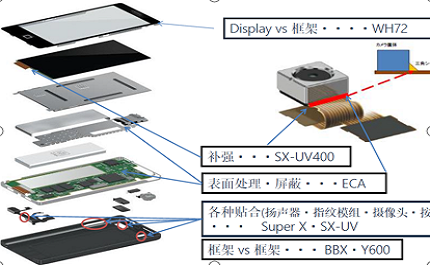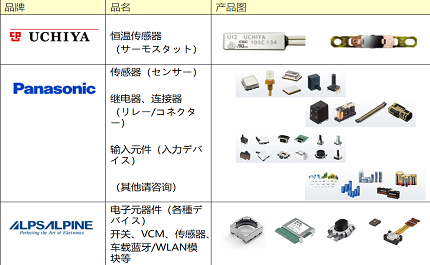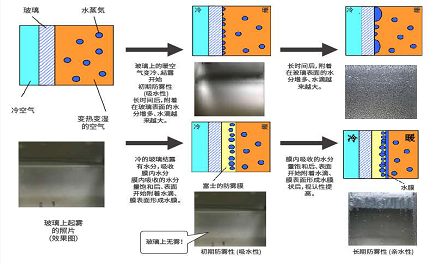"Non contact" industry leader
Science and technology add firewood "non contact economy" heats up
Students of Daguan Town Central Primary School in Nanchuan District of Chongqing received face recognition and infrared temperature measurement when they entered the campus.
Novel coronavirus pneumonia prevention and control in China and Latin America and the Caribbean countries are held in video conference.
In the First Affiliated Hospital of University of science and technology of China, passengers operate elevators with "contactless elevator button".
Under the epidemic situation, the demand for "non-contact" has become increasingly strong. From small to point takeout, online classes, cloud office, temperature measurement and taxation in public places, unmanned production of manufacturing enterprises A series of "non-contact" scenarios and applications have promoted the "non-contact economy" heating up, making the digital upgrading and development of related industries a fire.
Broad scene, leading industry development
On the morning of April 12, customers waiting to enter a HEMA Xiansheng supermarket in Beijing successively "brush their faces" in front of the electronic screen, and their body temperature is displayed on the screen in real time.
The so-called uncoordinated body temperature test is actually realized by thermal imaging technology. As long as someone passes through the camera area, it can accurately detect body temperature even if wearing a mask. This kind of non-contact service not only provides a solution for the epidemic prevention and control of large flow of people, but also can effectively prevent all kinds of hidden dangers existing in manual detection. In addition to temperature measurement, this kind of robot can also realize dynamic crowd management through face recognition and other technologies.
In fact, the rise of "non-contact" is not only reflected in the front line of epidemic prevention and control. Since the outbreak of the epidemic, intelligent distribution, remote office, internet medical, online education and other industries have benefited from the non-contact demand, ushering in a good opportunity for explosive growth.
In the distribution link, non-contact is also widely used. The State Post Office said recently that it will actively promote the smart express box and other modes to minimize personnel contact and protect the life safety and health of front-line employees and consumers to the maximum extent.
Kong Qi, chief scientist of Jingdong Logistics Group, said that during the epidemic period, many companies, including Jingdong, actively responded to the call of "science and technology to fight the epidemic", and launched various intelligent technology emergency safeguard measures. Unmanned technologies such as unmanned distribution vehicles and unmanned aerial vehicles played a very important role. On February 6, the intelligent distribution robot independently developed by Jingdong Logistics passed through the streets of Wuhan and delivered medical materials to Wuhan No.9 hospital. Besides Wuhan, Jingdong intelligent distribution stations in Changsha, Guiyang and Hohhot continue to serve the surrounding communities through distribution robots.
The catering industry, frustrated by the epidemic, has recovered to a certain extent due to more intelligent and safer takeout. Taking and delivering takeout by intelligent take-out cabinet has become a new standard service configuration under the outbreak of "contactless economy".
A few days ago, meituan takeout has put in more than 1000 intelligent takeout cabinets in Wuhan, Beijing, Shanghai and other places. The dining cabinet is equipped with ultraviolet disinfection and heat preservation functions, which can not only achieve accurate point-to-point delivery, but also ensure the health and safety. The intelligent dining cabinet can connect with the background data of the platform, which can improve the operation efficiency of the whole takeout platform.
The huge demand in the extraordinary period also makes the new mode such as remote office enter the rising period. According to the data released by the first finance and economics joint nail, the scale of China's online office market has maintained a steady growth in recent years. Affected by the epidemic this year, the market size is expected to exceed 50 billion yuan. In the face of market opportunities, enterprises have run horse enclosure, open remote office resources free of charge.
In the context of the global epidemic, China's achievements and experience in developing non-contact economy have also inspired and promoted global demand. Recently, the United Nations has announced that Tencent Inc will become its global partner at the headquarters of New York, providing a comprehensive technical plan for the UN's 75th anniversary establishment and will hold thousands of conference activities online through Tencent meetings, WeChat and Tencent simultaneous interpreting.
According to experts' analysis, the development level of China's contactless service industry is at the advanced level in the world. In the fields of mobile payment, e-government, remote office, e-commerce, intelligent logistics, shared transportation, online education, telemedicine and other fields, China has products with high popularity and mature business model. In addition, in terms of equipment manufacturing level, China has a strong robot industry, wearable equipment industry, intelligent equipment industry, digital economy industry and other high-tech manufacturing industries.
Both supply and demand boost economic upgrading
Non contact economy is based on the economy of limited or no contact between people or people and objects. The research shows that the SARS epidemic in 2003 gave birth to the first non-contact economy boom, and promoted the development of non-contact economy represented by e-commerce. However, the outbreak of contactless economy in 2020 depends on a series of emerging scientific and technological means, such as 5g, Internet of things, artificial intelligence, big data and so on, which has a more comprehensive and in-depth coverage in social production and life.
Hu Sijia, an assistant researcher at the China Institute of internet economics at the Central University of Finance and economics, believes that new technologies such as big data, cloud computing, artificial intelligence, 5g and intelligent Internet of things are the technical cornerstone of the digital economy and the technical carrier for realizing the contactless economy. As an important part of digital economy, non-contact economy is not only a national response to major emergencies






 Webchat
Webchat